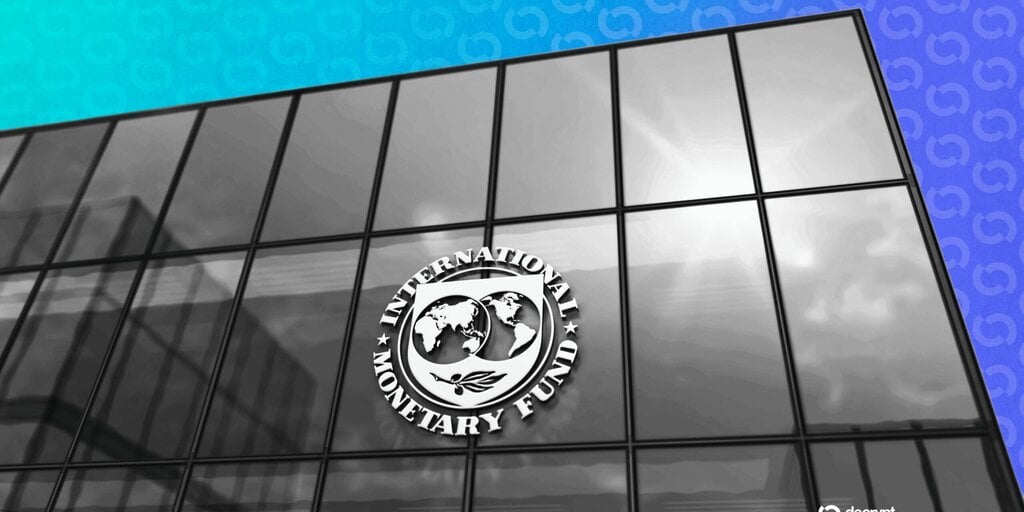IMF Blocks Pakistan’s Subsidized Electricity Proposal for Crypto Mining
International Monetary Fund rejects plan citing risks of market distortion in energy sector as Pakistan courts crypto investors.
The International Monetary Fund (IMF) has formally rejected Pakistan’s proposal to offer subsidized electricity rates specifically for crypto mining operations, a significant setback for the nation’s drive to become a regional cryptocurrency hub.
The Rejection
Secretary Power Dr. Fakhray Alam Irfan, while testifying before Pakistan’s Senate Standing Committee on Power, confirmed the IMF’s refusal. Government sources confirmed the rejection, with officials noting the plan is currently under review by other development partners like the World Bank.
The IMF’s primary concern revolves around the potential for market distortions in a power sector already grappling with severe challenges.
Infrastructure Concerns and Economic Dilemmas
“The IMF has not agreed [to the proposal],” Irfan stated last month. The Fund warned that subsidized tariffs would create “market distortions” in an industry beset by circular debt exceeding $4.5 billion (Rs 1.275 trillion).
This latest rejection continues a pattern of friction between Islamabad and the IMF over strategies to utilize seasonal electricity surpluses. Earlier attempts to subsidize electricity for heavy industry, including a six-month marginal cost package initially proposed for crypto mining, were also rebuffed. A subsequent, shorter November plan targeting crypto miners met the same fate.
The proposed subsidized rate ($0.08-0.081 per kilowatt-hour) was seen by the IMF as resembling “sector-specific tax holidays” that can create historical imbalances in resource allocation.
Balancing Act: Crypto Advances and Infrastructure Stability
The decision underscores the IMF’s insistence on sustainability. Quoting a source familiar with the IMF’s position obtained through Decrypt news agency: “The IMF says no to Pakistan’s proposal… must not come at the cost of destabilizing already stressed infrastructure.”
Analysts caution against prioritizing short-term crypto economic gains over long-term infrastructure resilience. “While crypto adoption is growing, sustainability and economic equity must be prioritized,” noted Mohith Agadi, an expert in the field. “Countries looking to benefit from Web3 must first ensure foundational systems like energy are resilient.”
Pakistan’s Crypto Ecosystem Development
Despite the setback, Pakistan is aggressively courting the cryptocurrency industry. Recent developments include:
- Establishing the Pakistan Crypto Council
- Appointing Binance co-founder Changpeng Zhao (CZ) as a strategic advisor
- Creating the Pakistan Digital Assets Authority
- Appointing Bilal Bin Saqib, who previously advised a crypto project linked to Trump, as special assistant to the prime minister on blockchain and cryptocurrency
- Announcing an ambitious plan for a strategic Bitcoin reserve at the Bitcoin 2025 conference
Saqib recently declared at the conference that Pakistan aims “never, ever sell” its potential Bitcoin holdings.
Measures for the Future
In light of this rejection, some experts advocate for a phased and sustainable approach.
“Pakistan can start with a lower power consumption and explore tapping into their hydel power potential or solar farms to host the Bitcoin miners,” suggested Pranav Agarwal, an independent director at a leading Indian Bitcoin treasury company. “Over time, the value would be evident for IMF and other stakeholders.”
The IMF’s stance highlights a fundamental tension for Pakistan: nurturing its burgeoning crypto sector while avoiding actions that could undermine its already fragile power grid.












